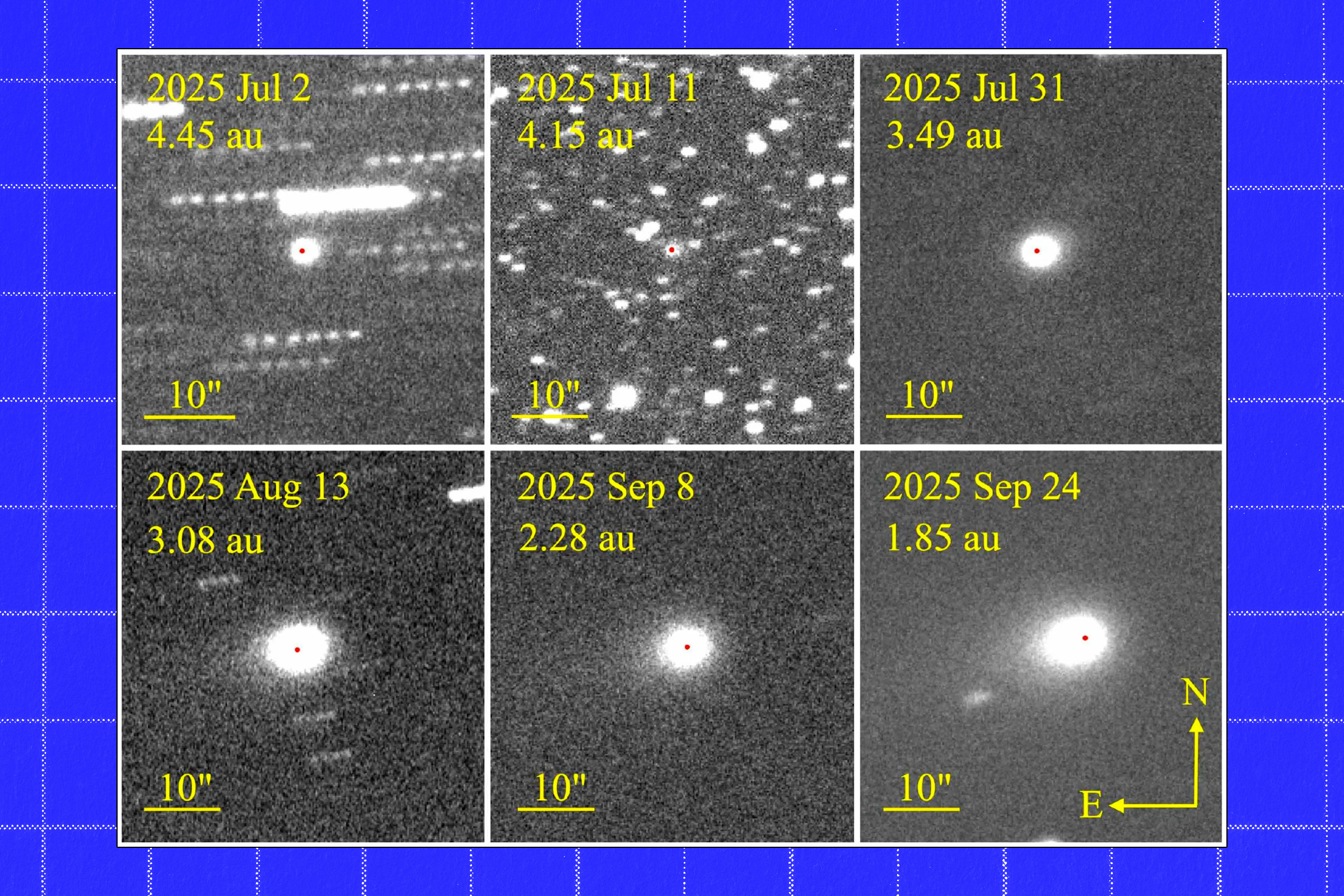Cullinan Therapeutics, Inc. has announced new preclinical findings for its investigational treatment CLN-978, a bispecific T cell engager targeting CD19 and CD3. This data, which highlights the treatment’s efficacy in achieving rapid and profound B cell depletion, will be presented at the American College of Rheumatology (ACR) Convergence 2025 in Chicago, Illinois. The presentation is scheduled for October 28, 2025, during a poster session from 10:30 a.m. to 12:30 p.m. CT.
The company, listed on Nasdaq under the ticker symbol CGEM, aims to develop high-impact therapies for autoimmune diseases and cancer. The new data underscores CLN-978’s potential to address multiple autoimmune conditions, suggesting a significant advancement in therapeutic options for patients.
Cullinan’s presentation at ACR Convergence is expected to draw attention from researchers and healthcare professionals alike, given the growing interest in innovative treatment strategies for autoimmune diseases. The company will also maintain a presence at Booth #1074 in the Exhibit Hall, where representatives will engage with attendees and discuss further details about their research and development efforts.
The presentation will feature findings from both in vitro and in vivo studies, demonstrating that CLN-978 can effectively deplete B cells, which play a critical role in the pathology of autoimmune diseases. This rapid depletion is particularly promising, as it may lead to quicker therapeutic responses in patients suffering from conditions where B cell activity contributes to disease severity.
As the ACR Convergence 2025 event unfolds from October 24 to October 29, Cullinan Therapeutics’ participation highlights the company’s commitment to advancing treatment options in the field of rheumatology. The results shared during this conference could pave the way for future clinical trials and ultimately bring novel solutions to patients in need.
In a landscape where autoimmune diseases often present significant treatment challenges, the advancements represented by CLN-978 could mark a turning point. The data presented at ACR Convergence will not only inform the scientific community but also guide potential future developments in targeted therapies. As more information becomes available, the implications for patient care could be profound, illustrating the ongoing need for innovative research in the biopharmaceutical sector.







